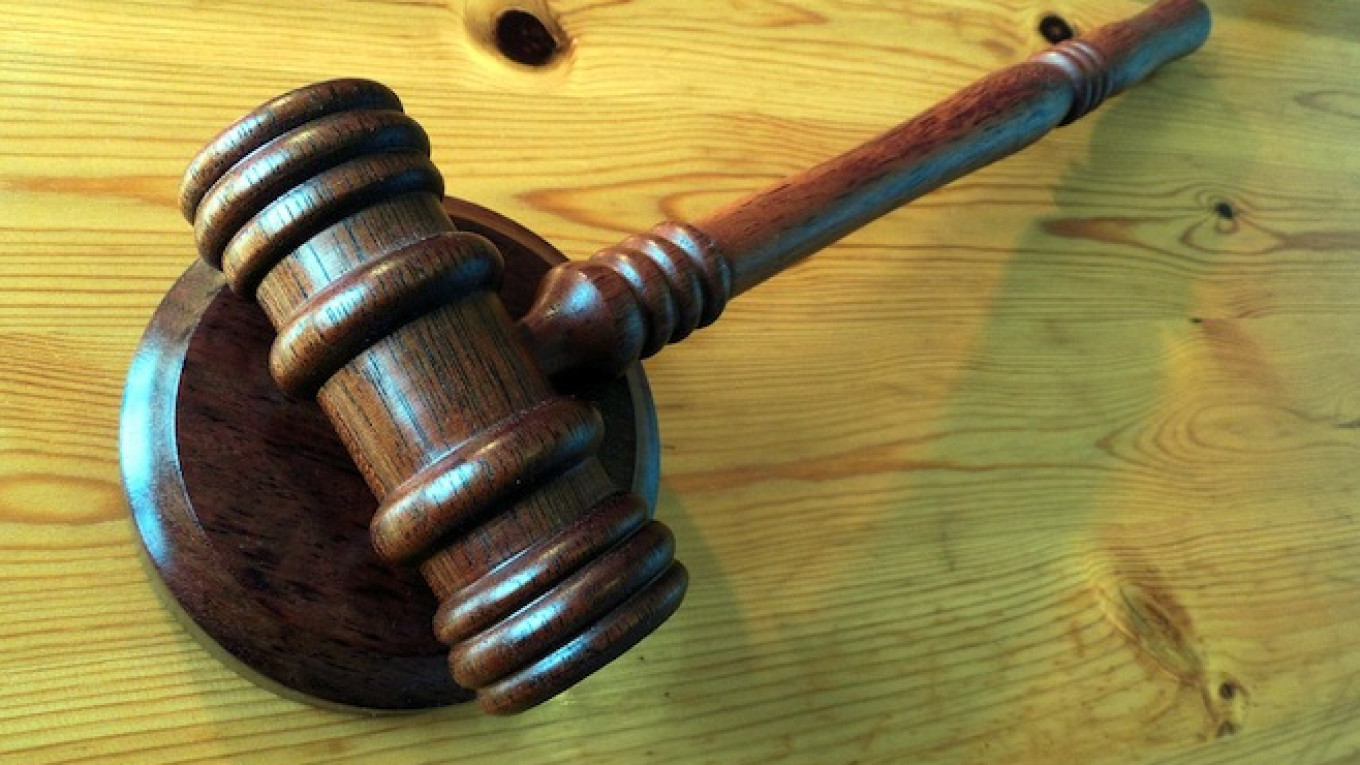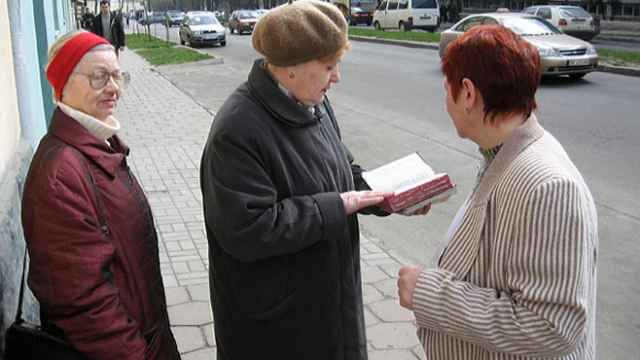A Russian court has found signs of extremism in a "xenophobic" anecdote published online by a social network user, in a ruling that could see Russians receive jail time for sharing an inappropriate joke.
The anecdote, which cannot be reproduced by The Moscow Times for legal reasons, is a take on a Soviet-era narrative about a man who joins in the beating a Jewish passenger after seeing another man attack him on a bus.
In a post on his social media VKontakte website, the offender had changed the anecdote to feature a man from the Caucasus, the SOVA news agency reported Friday.
A district court in Izhevsk determined that the anecdote contained "incitement to racial hatred," the report said.
The decision was later upheld by the Supreme Court of the republic of Udmurtia after the man appealed the initial ruling, the report added.
The court also agreed that there were signs of extremism in a photo published on VKontakte by the defendant, who was not named. The image showed four people holding hands to form the shape of a Nazi swastika symbol.
The SOVA report criticized the conviction as being inaccurate, arguing the anecdote does not explicitly call for violence and the charge for publishing the photo should have concerned the exhibiting of Nazi symbols — which is also an offense under Russian law.
Officials are known to sometimes file cases under different charges in order to reach set quotas.
The ruling is the first time since the fall of the Soviet Union that someone is convicted on extremism charges for telling an anecdote.
Extremism is an offense punishable by up to 10 years in prison.
A Message from The Moscow Times:
Dear readers,
We are facing unprecedented challenges. Russia's Prosecutor General's Office has designated The Moscow Times as an "undesirable" organization, criminalizing our work and putting our staff at risk of prosecution. This follows our earlier unjust labeling as a "foreign agent."
These actions are direct attempts to silence independent journalism in Russia. The authorities claim our work "discredits the decisions of the Russian leadership." We see things differently: we strive to provide accurate, unbiased reporting on Russia.
We, the journalists of The Moscow Times, refuse to be silenced. But to continue our work, we need your help.
Your support, no matter how small, makes a world of difference. If you can, please support us monthly starting from just $2. It's quick to set up, and every contribution makes a significant impact.
By supporting The Moscow Times, you're defending open, independent journalism in the face of repression. Thank you for standing with us.
Remind me later.






